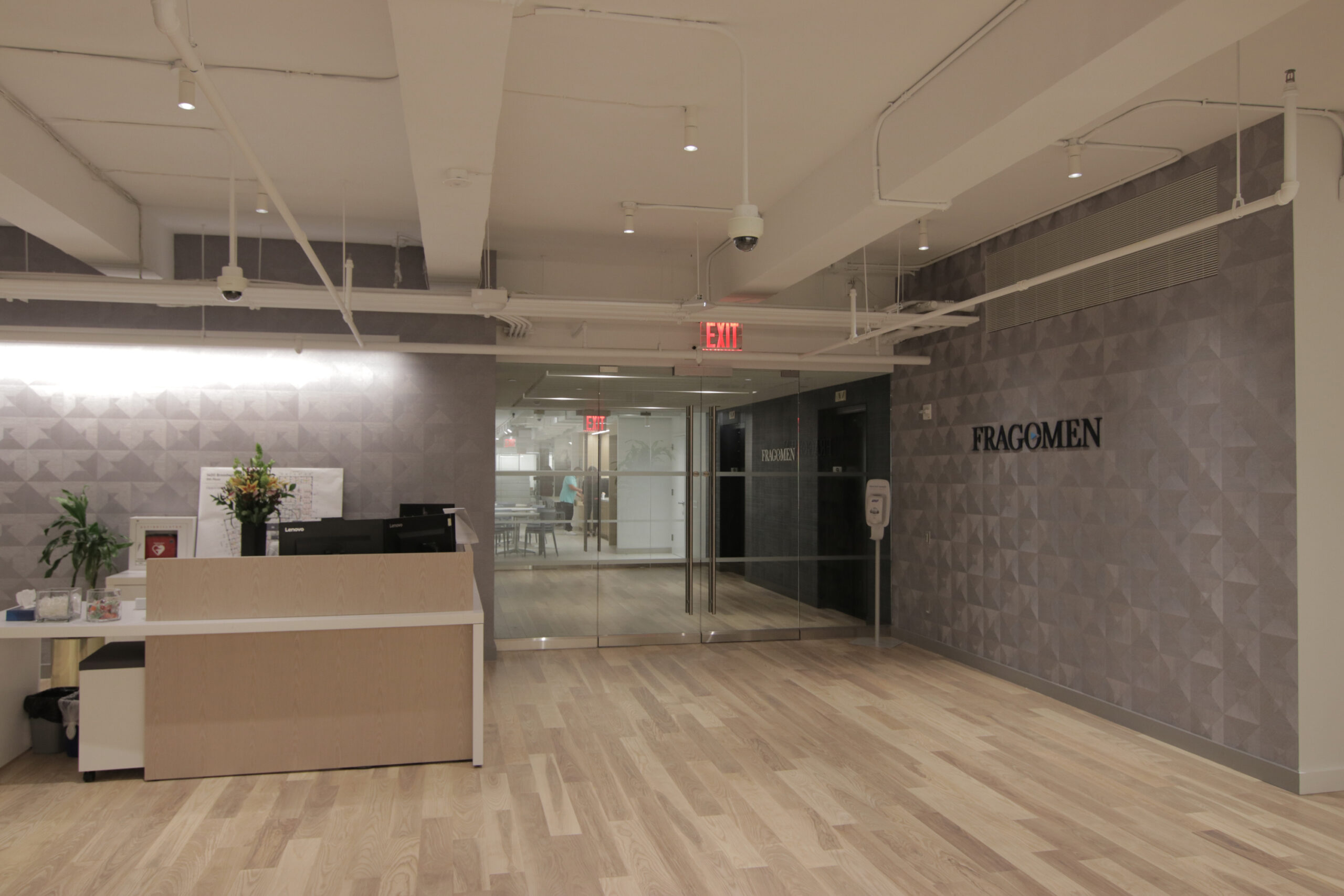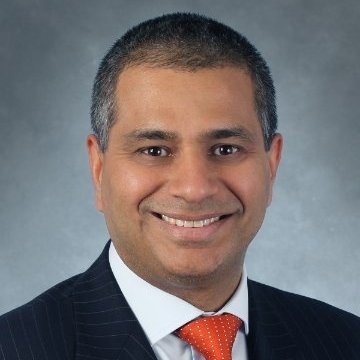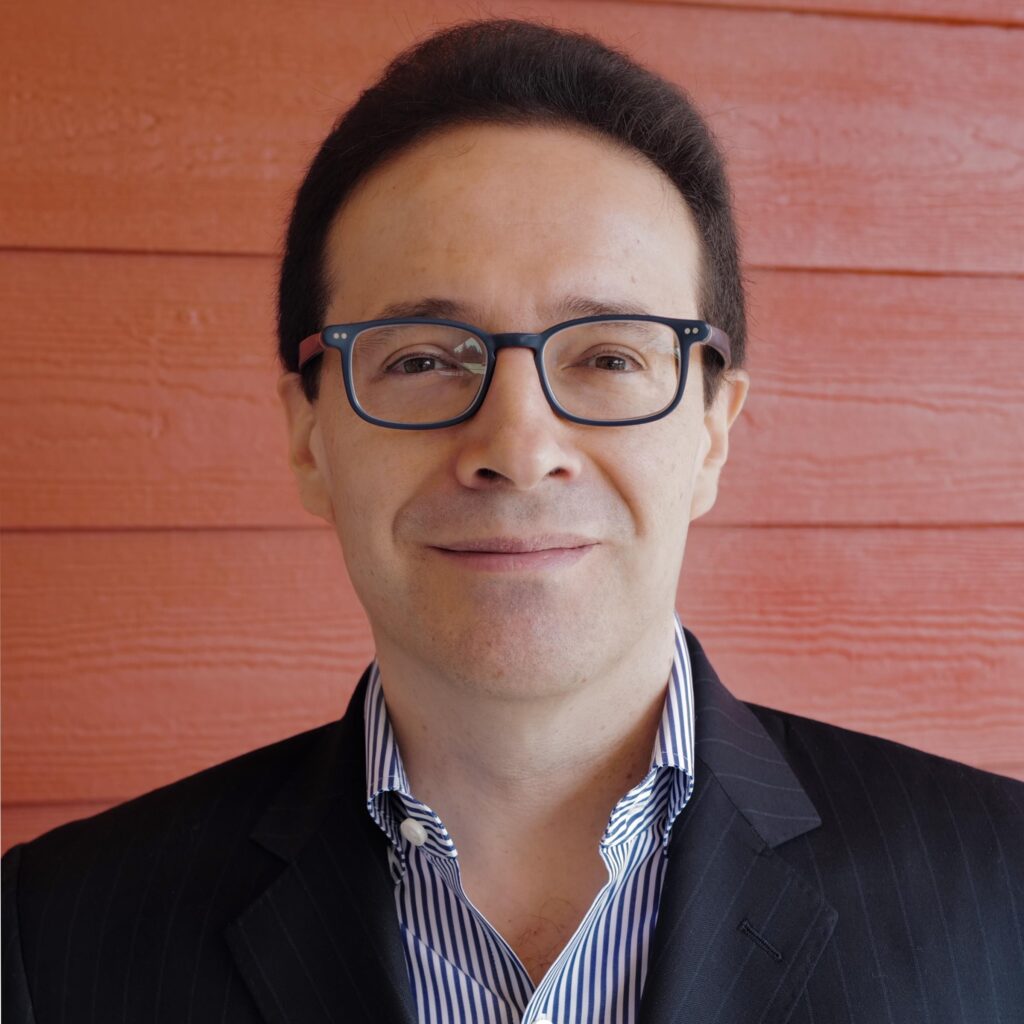A global immigration law firm focuses on flexibility for its return-to-work policies
Fragomen is taking on new talent with its popular remote work options.

New York City-based immigration law firm Fragomen aims for flexibility as it launches its return-to-work policies for its 55 offices across six continents.
“It’s an exciting journey, but we’ve learned along the way that we have to be adaptable,” says Fragomen Chief Operations Officer Vivek Wadhwa. “As we experience new things at the beginning, we learn from our actual implementation and adapt as we’re moving forward.”
Wadhwa says the firm was already thinking about what the return to work would look like as soon as the law firm went fully remote. It developed a 200-member team of senior leaders with daily meetings for several months. The team included the global core team sponsored and overseen by an executive committee representing functions across people, technology, real estate and other stakeholders.

The team focused on several COVID-19-related metrics to drive data analysis and adjusted those metrics as information changed. The team began by looking at the rates of transmission, aiming for less than 1%. Later, it started tracking other variable recommendations from the CDC and global health bodies, like hospitalizations.
Fragomen also conducted employee surveys to gauge the needs and wants of its 5,000 employees, whose experiences ranged from full-time on-site in the mailroom to full-time remote as attorneys. Fragomen also used local town halls and online forums to gather qualitative data. All the input went to the return-to-work team to assist in data-driven decision-making. These days, the group currently meets about once every three weeks.
“As we are developing policies, we are testing the effects with our different teams,” says Wadhwa. “We want to be one firm as much as possible but at the same time we want to be adaptable and flexible so we can meet local needs. It’s a fairly involved process and a process that has an in-built feedback loop within it, so we are constantly in touch with our people.”
The policy at-a-glance
Fragomen is in the process of implementing its return-to-work policy of giving most employees the option to work remotely two to three times a week, depending on their job. It’s currently seeing wide ranges of on-site occupancy across different regions depending on the virus levels locally. About two-thirds of its employees work in the U.S., and it employs 600 attorneys.
Most job positions are geared toward client services. Jobs where workers are required to be on-site include:
- Security
- Mailroom
- Some technology
- Office support
- Information processes
There are currently offices operating one optional day a week on-site for attorneys and support staff that can work remotely, while others bring in an entire team for a day.
Fragomen isn’t mandating vaccinations for its employees, though it’s highly encouraged. Wadhwa says the vast majority of its employees are vaccinated. Depending on the area’s virus impact and local government mandates, masks requirements are flexible, too. Fragomen requires masks for all unvaccinated employees.
“Many of our jurisdictions in international business, you’re not allowed to have any mandated vaccinations,” says Wadhwa. “The kind of questions and information you can seek about employees about their medical status have different regulations associated with it. So, all that leads to a slightly different adaptation of our overall policies.”
Technology shifts to accommodate pandemic needs
To accommodate remote working, Fragomen automated several processes at the onset of the pandemic. After educating their clients on the new information flow, most aren’t asking employees to be on-site as the practice returns to the office.
Since Fragomen also deals with highly sensitive information, establishing security protocols that can easily adapt was a priority. The practice uses Rendezvous software to schedule office space reservations and locate team rooms. It uses Webex for online meetings and messaging internally and externally.
The demand increase for VPN capacity and hardware were met, along with upgrades to make future changes as quickly as needed. Fragomen also installed hubs and screens so employees could seamlessly switch from work to home while keeping up with projects with the ServiceNow platform.
Employee needs demand flexibility
Salvador Malo, chief people officer at Fragomen, has seen a pattern of employees who want to remain remote or opt-in to a hybrid approach.
Fragomen has been hiring, and many candidates are attracted to the company because of its hybrid policy. But most new hires want to be in the office, meeting colleagues and engaging with training and development opportunities. Employees seeking remote work generally have caregiver needs or loved ones with compromised immunity.

“It’s a dimension where we learn constantly,” says Malo. “We have offered more flexible benefits; easier leaves of absence, fewer restrictions around taking time off, etc. Some of the issues have appeared recently, like fatigue around remote work itself, weren’t issues early on in the pandemic.”
Malo says about 20% of employees want to work remotely, another 20% want in person, while the rest fell somewhere between.
“You can’t please everyone through a one size fits all and any mandate you implement is likely to meet some resistance,” says Malo.
COMMENT
Ragan.com Daily Headlines
Tags: global






